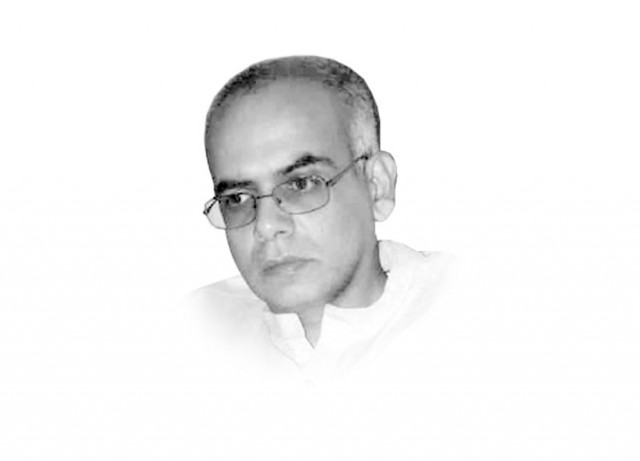The political economy of land in Pakistan
‘Neoliberal security state’ manifests through army’s involvement in fertiliser, ministers in corporate farming.

The political economy of land in Pakistan
The extraction of rural surplus from the Indian subcontinent enabled the Mughals to fund empire building opulence and warfare through an increasingly sophisticated land administration system. Peasant revolts against this exploitation were identified as one of the reasons for the downfall of the Mughals. Under the historic mansabdari system, however, agrarian tillers were at least rooted to the land they cultivated since mansabdars appointed above them were state representatives designated to collect revenues from land, which essentially belonged to the empire — rather than to mansabdars themselves.
The British desire to fuel industrialisation in England through boosting cash cropping in its colonies led to experimentation with provision of private property rights in the subcontinent based on the presumption that this would incentivise productivity and investment in agriculture. Sidestepping the poor rural populace, the British preferred giving land rights to the upper peasantry. Moreover, the colonial government gave titles and land grants to ‘noblemen’ willing to recognise their authority and the British Raj also began using land for inducing military recruitment and breeding horses for the cavalry, under the ghora paal (horse breeding) scheme. Economic historians have identified this latter colonial policy of using land for military purposes as setting the stage for the growing influence of the military in the country’s political economy.
Unlike India, landlords with large landholdings dominated the Muslim League and continued to sabotage effective land reforms in the country. Over time, landholding interests not only pervaded the establishment but also acquired industrial interests. It is thus not uncommon for large landed Pakistani families to have family members in the national and provincial parliaments serving as senior bureaucrats and army officials, as well as owning sugar and cotton mills.
A political economy perspective further sheds light on broader configuration of production relations at both national and global levels. The IMF and the World Bank have actively sought to influence agricultural production processes and policies through liberalisation of the agricultural sector — in developing countries which receive their loans — in a bid to integrate them into a global trade regime.
In Pakistan, such trends have led to the growing convergence of local and international interests with regards to land- use. Such a state of affairs has been aptly described by a Pakistani scholar as ‘the neoliberal security state’. Its manifestations are observable through the army’s involvement in fertiliser production, through prominent ministers engaging in corporate farming and through donor attempts to fund computerisation of land records to further facilitate agribusiness or to provide to the rural poor without addressing their basic land tenure rights. However, the above strategies remain incapable of empowering the vast proportion of our poor rural populace. In fact, the barriers to effective citizenship rights in Pakistan, which fuel a range of disparities — ranging from gender, class, caste and ethnic problems — correspond closely with the hierarchy of existing claims and rights to land. With the Supreme Court having declared land reforms un-Islamic and the establishment and parliamentarians still adamant on preserving the status quo of land ownership and donor agencies focusing on liberalisation of the agricultural sector, it should be no surprise why large parts of Pakistan continue to experience growing food insecurity, poor human development and ineffective democratic governance.
Published in The Express Tribune, July 24th, 2012.
















COMMENTS
Comments are moderated and generally will be posted if they are on-topic and not abusive.
For more information, please see our Comments FAQ